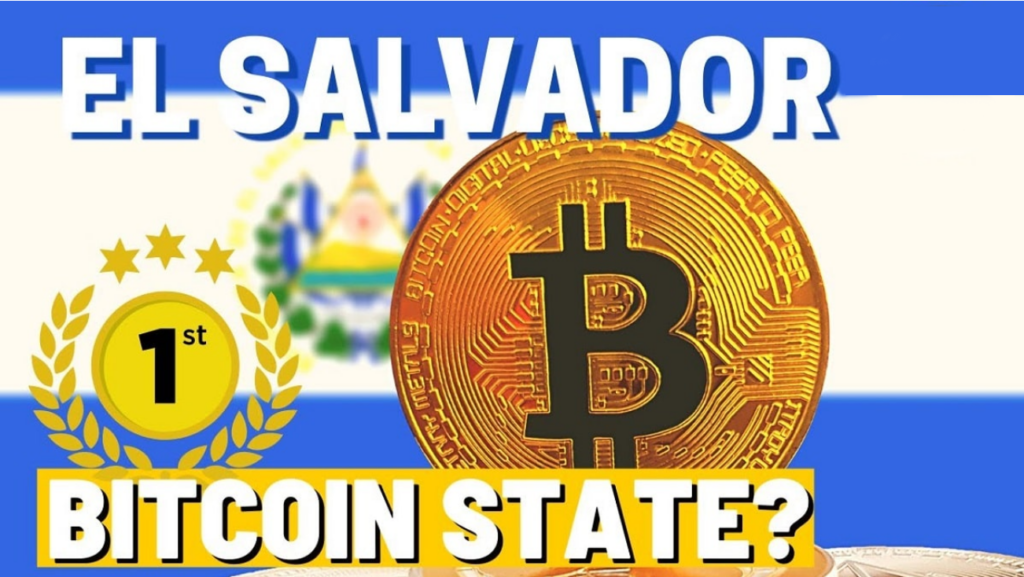For the longest time, fiat currencies have acted as the lifeblood powering the global financial system and economy. The currencies have allowed people to make savings, payments and measure their wealth. Fast forward, things are increasingly changing as Bitcoin, and other cryptocurrencies emerge as the ideal tool for powering the digital world.
Bitcoin evolution
Bitcoin is no longer a fad, as was the case a few years back. From inception as a white paper for powering peer-to-peer transactions, it’s grown in prominence from a small group of people to a force to reckon with. The fact that the cryptocurrency is giving monetary policy officials sleepless nights underscores its credentials in the global financial system.

Bitcoin has succeeded beyond expectations amid acknowledgment and acceptance as a legal tender and a store of value. The flagship cryptocurrency is increasingly being used as a payment option in most jurisdictions worldwide.
Companies and businesses are increasingly accepting it as a form of payment for goods and services rendered. Microsoft and Twitch are some of the high-profile companies that accept BTC payments. The digital nature of BTC is one reason it stands out as a preferred means of finalizing transactions online.
Additionally, BTC’s ability to enable anonymous transactions has also seen it emerge as a preferred means for some people. The lack of intermediaries such as banks needed to finalize BTC transactions also helped propel it as a preferred means for fast and secure transactions.
El Salvador Bitcoin legal tender
Bitcoin’s growing popularity and use case are why some countries are contemplating accepting it as a legal tender to supplement fiat currencies. El Salvador became the first country to pass legislation that authorizes the use of BTC as legal currency.

By classifying Bitcoin as a legal tender, the government has essentially made it easy for people living abroad to send money back home. The cryptocurrency is poised to become a legal tender alongside the US dollar, mandating every business to accept it as a payment of goods and services rendered.
El Salvador propelling BTC to legal tender status does not come as a surprise. The country’s economy is heavily dependent on remittances from abroad, which account for about 20% of the country’s total GDP. Likewise, legalizing BTC transactions only fosters the sending and receiving of money from abroad much faster and securely.
Japan Bitcoin acceptance
Japan, just like El Salvador, is one of the most progressive countries when it comes to Bitcoin acceptance and acknowledgment. The island nation accepts BTC payments as a legal tender. However, it does not take it as a traditional currency given the lack of legal framework, as is the case with El Salvador.

In Japan, banks and other financial institutions are not allowed to offer their customers bitcoins. However, neither is it unlawful to hold bitcoins. The loophole has allowed many companies and businesses to integrate bitcoin payments for goods and services. Derivative contracts have come into play, providing an avenue for some to raise capital.
Europe Bitcoin stance
Europe has been a safe haven for cryptocurrencies. The trading block has passed laws that have gone to foster innovations around the fintech industry. Investments in blockchain technology have come into play, helping accelerate knowledge and the adoption of cryptocurrencies. However, unlike El Salvador, the block is yet to take a definite stance on Bitcoin as legal tender.
Instead of acknowledging and accepting Bitcoin as legal tender, the European Parliament has impeded it to build a decentralized ledge for its own purposes. The European Central Bank has also hinted at working on a digital currency of the euro, a move expected to sidestep Bitcoin.
Some countries, such as Switzerland, have opted to embrace cryptocurrencies as a whole but without any definite regulations. The lack of regulation has been one of the catalysts behind the country’s burgeoning blockchain sector.
Germany, on its part, is treating Bitcoin as a unit of account. This means that citizens can trade it but must incur taxes when traded with the euro on gains accrued from the business.
China’s Bitcoin rejection
Even in El Salvador, legalizing BTC payments, the regulatory structure is still vague in some countries. China is one of the countries that insist BTC payments and mining operations don’t have a role in society. The heightened crackdown has come into play in recent month’s all but arousing concerns about BTC prospects.

Initially, China did not have any regulation governing the cryptocurrency space. Consequently, the country became a force to reckon with on Bitcoin and blockchain. Concerned why the way Bitcoin had taken over the country’s financial system to the extent of fuelling mass capital outflow, the government started imposing strict regulations on mining and trading.
Bitcoin regulation dilemma
Other countries led by the US have also gone numb about acknowledging and accepting BTC payments in society. While it is still possible to use BTC in most countries, the lack of a legal framework has left most people vulnerable to fraud.
Bitcoin acknowledgment and acceptance on the global scene will only come into play on world powers creating legislation that encourages adoption. The lack of a balance in regulations and governments worldwide reacting differently to the introduction of BTC has been one of the derailments to its mass adoption in the mainstream financial scene.
However, the lack of legislation needed to accelerate bitcoin adoption and use does not come as a surprise. World powers led by the US face the risk of losing too much on Bitcoin taking as a global legal tender. As it stands, the US dollar is the global reserve currency from which the US accrues most of its powers.
Bottom line
Bitcoin’s growing popularity and use case is a wake-up call to world governments that have been reluctant to accept it, let alone acknowledge it. With its value climbing to thousands of dollars, there is growing acknowledgment that it is no longer a fad but here to stay.
The lack of a clearly spelled-out regulation scheme has been one of the headwinds that have derailed Bitcoin adoption into the mainstream. However, with countries such as Japan and El Salvador showing that BTC could co-exist with fiat currencies, things could change.







